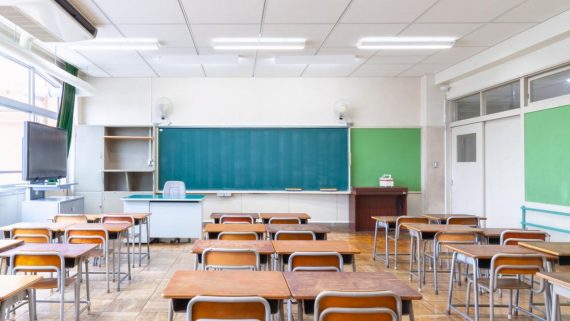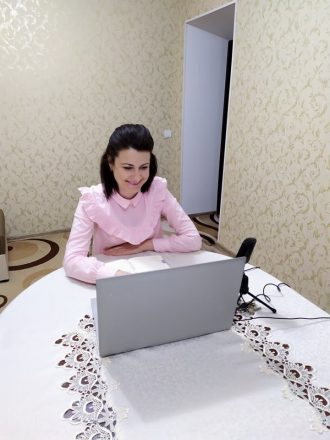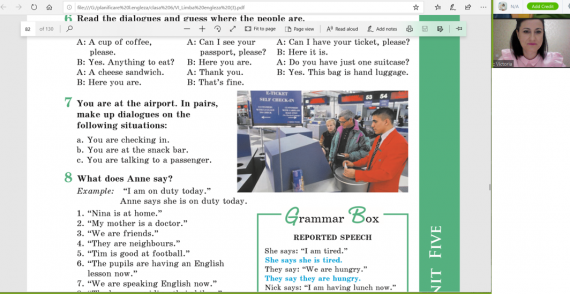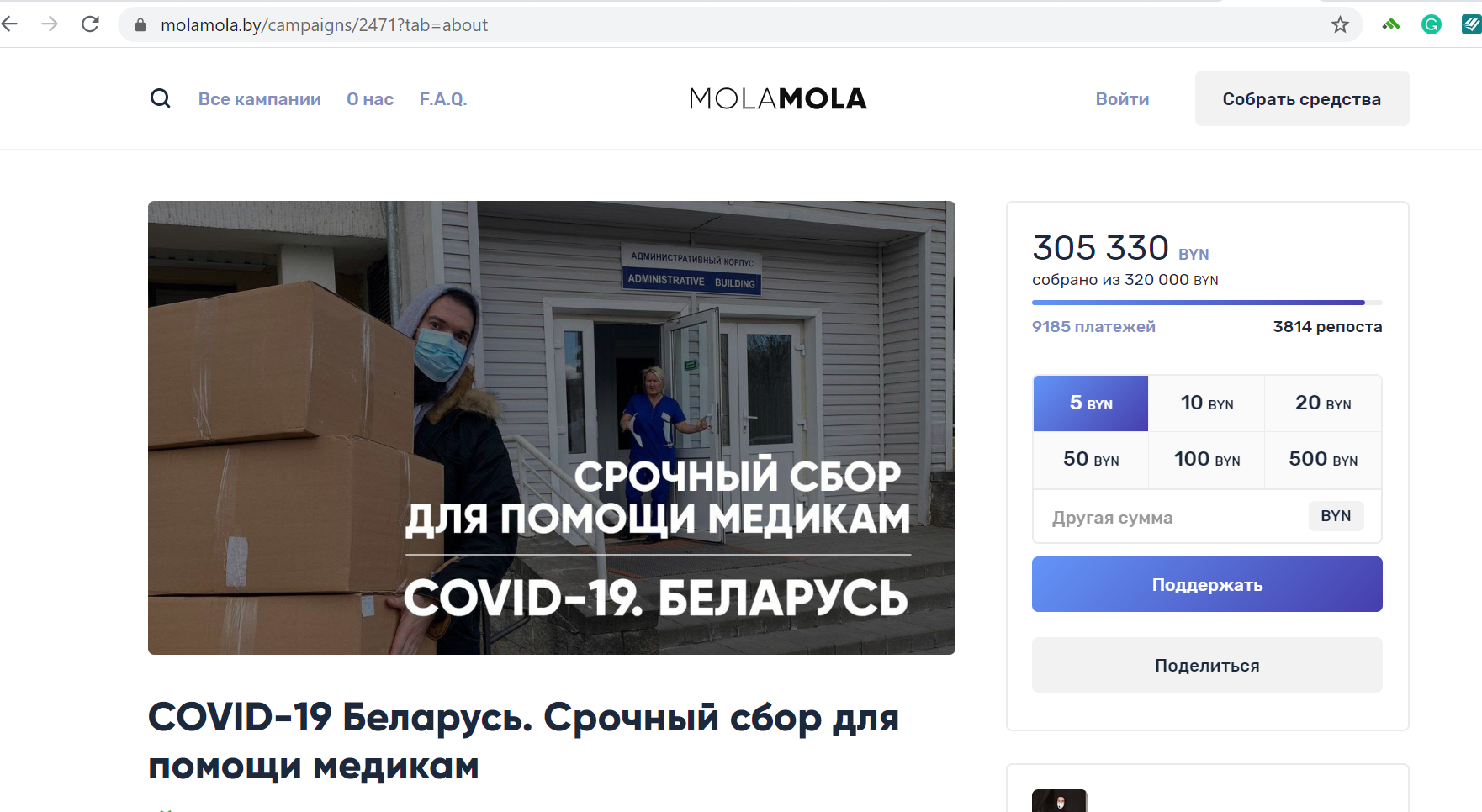by Stas Ghiletchi, Local Correspondent from Moldova

COVID-19 has shut the world’s schools. Since the start of the pandemic, over 100 countries had taken a decision to close the classrooms. The Republic of Moldova followed the example of other countries and the Ministry of Education, Culture and Research suspended the education process in early March. Initially, the education process was planned to resume after two weeks, but authorities revised their decision and extended the school closure. On March 4th, Igor Sarov, Minister of Education, announced that schools throughout the country will remain closed through the end of the school year and that education will continue via online tools. The authorities feared that they are not ready to reopen schools in a way that would keep children and educators safe.
The systemic analysis of the state of education in the Republic of Moldova shows that the most important and pressing problems currently faced by the education system are access, quality and relevance of studies. Thus, even before the pandemic, the education sector faced a challenge of a daunting magnitude: poor performance at various levels of education, increased corruption and inequalities of resources and education quality from one school to another. The transition to online teaching highlighted problems that could further affect the quality of education received by children:
- The Education Code does not contain regulations on distance learning for general education.
- Weak capacity of teachers for distance learning process.
- Reduced technical equipment and lack of an internet connection. In the first week of distance learning, over 18,000 children and 3,000 teachers were unable to participate in the educational process.
Despite the fact that online resources have been popular, the pandemic highlighted the fact that Moldova still lacks a developed digital infrastructure for all students. In order to better understand the challenges faced by teachers and students, the local correspondent talked with Victoria Isac, English teacher from Cantemir, who also became the Civil Society Fellow in 2019.
EaP Local Correspondent: How did prolonged school closure affect children’s education?

Victoria Isac: First of all, the students were not ready. Actually, no one was ready. We teachers, the students, we all needed time to adapt to online teaching. The children were used to use computers and internet for leisure and not so much for learning. In my opinion, the children were not so affected because more than 60% of the curricula was realized. Here I can say that in the process of online lessons, the parents have an important role in learning the last part of the curricula, and here I mean the ability to have internet connection, to have a computer, to be the teacher’s assistant.
EaP Local Correspondent: What are the strengths and weaknesses of teaching online?
Victoria Isac: Everything that is new always brings strengths and weaknesses. The main problems are:
- The first and the most important is the ability to have an internet connection, to have a computer.
- The students have to respect other behavioral rules: not to speak at the same time with their colleagues, not to eliminate from the group their classmates (teachers), they have to be only in front of the computer during the lesson, etc.
- The ability of the teachers to use online tools to ensure the teaching process.
EaP Local Correspondent: What is your assessment of the quality of the digital infrastructure in the Republic of Moldova?
Victoria Isac: Until Covid – 19 there was no online education for children from Moldova, especially outside Chisinau. I can say now that we started to have a digital infrastructure in the Republic of Moldova, especially by having the “Methodology on the remote continuation of the educational process in quarantine conditions” (author’s translation) and by having the recorded lessons for all school subject the project educatieonline.md.
EaP Local Correspondent: To what degree are teachers prepared to use the technology needed for online teaching?
 Victoria Isac: For teachers that are open to everything that is new, there is no obstacle to teach online, but for others, it can be more difficult. In my opinion, more than 40% of teachers were not prepared for online teaching. To use my own example: I was not ready but I did not say no, I started to make my own plan on how to do is, what online tools I should use, what tools my students are familiar with.
Victoria Isac: For teachers that are open to everything that is new, there is no obstacle to teach online, but for others, it can be more difficult. In my opinion, more than 40% of teachers were not prepared for online teaching. To use my own example: I was not ready but I did not say no, I started to make my own plan on how to do is, what online tools I should use, what tools my students are familiar with.
EaP Local Correspondent: What are the main challenges/problems that students face when joining such online courses?
Victoria Isac: The internet connection, the sound, the possibility to connect. I have students that do not know how to use online tools, so another problem is the ability to use online tools.
EaP Local Correspondent: Is online education a good substitute for what happens in the classroom?
Victoria Isac: It is in conditions like we are facing now, but I miss seeing my students in person, to be able to answer all of their questions during breaks, to organize games, to sing together with them.
EaP Local Correspondent: Do you see a potential in online learning after COVID-19?
Victoria Isac: YES, we have demonstrated that it is possible. I see this possible for students who cannot be present in the classroom for whatever reason, for homeschooling, for gifted students who want to learn more.
EaP Local Correspondent: Thank you very much for your answers.
This article was produced by Stas Ghiletchi, the Project’s local correspondent and EaP Civil Society Fellow from Moldova in the framework of the EU-funded ‘Eastern Partnership Civil Society Facility – Regional Actions’ Project. Its contents are the sole responsibility of Stas Ghiletchi and do not necessarily reflect the views of the European Union or the Project
Read more about our local correspondents here.




